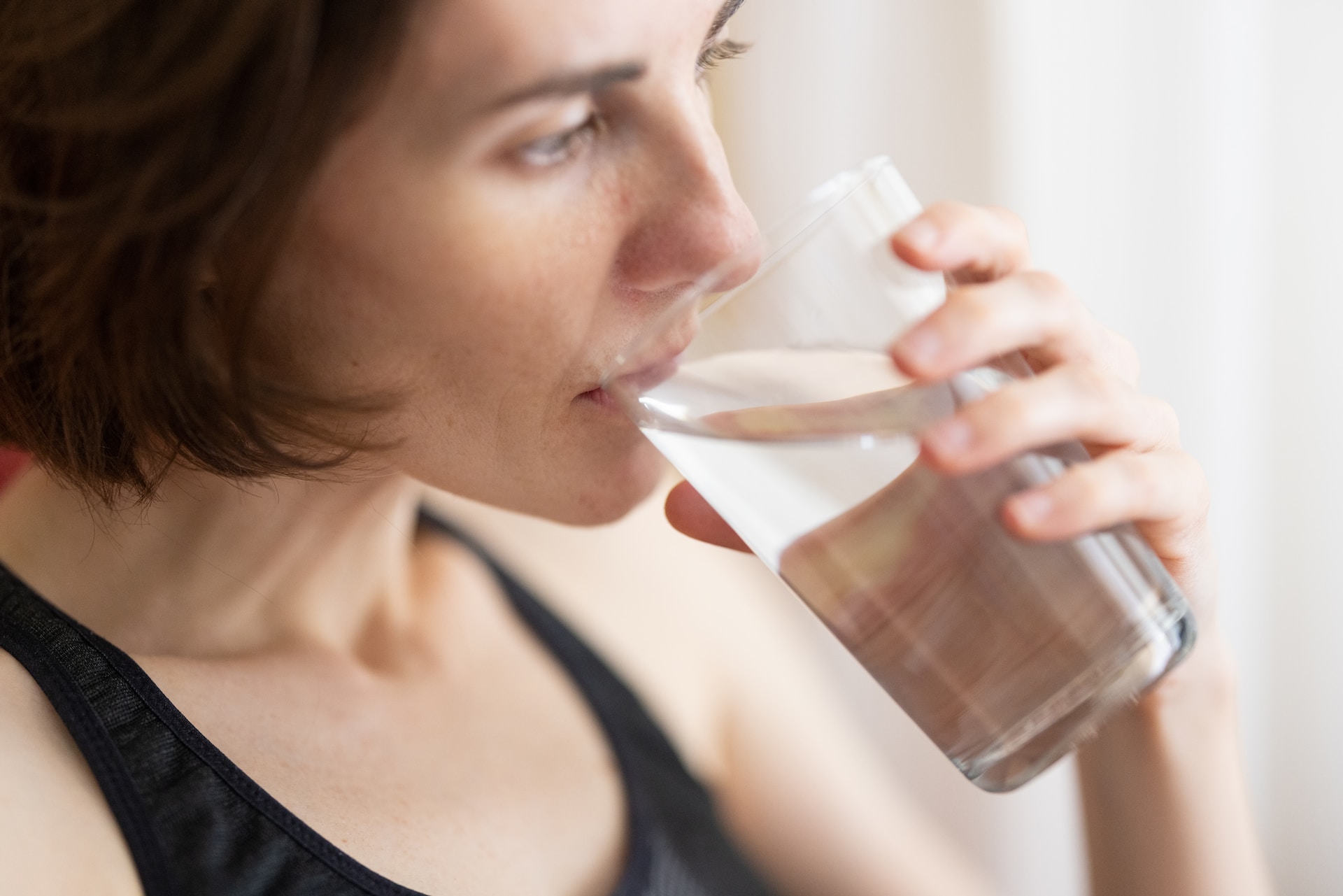Water is an essential component of our bodies, comprising a significant portion of our cells, tissues, and organs. It plays a crucial role in maintaining overall health and well-being, including our energy levels. Proper hydration is vital for sustaining optimal energy throughout the day. In this article, we will explore the importance of hydration and provide practical tips for staying hydrated to boost your energy levels.
Water and Energy:
Water is involved in numerous metabolic processes in our bodies, including the conversion of food into energy. When we are dehydrated, these processes can become less efficient, leading to feelings of fatigue and decreased energy levels. By staying properly hydrated, we support our body’s ability to produce energy effectively.
Signs of Dehydration:
Understanding the signs of dehydration is essential for recognizing when our bodies need more water. Common symptoms of mild to moderate dehydration include increased thirst, dry mouth, dark urine, fatigue, dizziness, and reduced urine output. Pay attention to these signs and take steps to rehydrate yourself promptly.
Hydration and Cognitive Function:
Proper hydration is not only crucial for physical energy but also for cognitive function. Research has shown that even mild dehydration can impair cognitive performance, including concentration, alertness, and memory. By staying hydrated, we support our brain’s ability to function optimally, leading to increased mental energy and focus.
Adequate Fluid Intake:
The Institute of Medicine recommends that men aim for about 3.7 liters (13 cups) of total fluid intake per day, while women should aim for about 2.7 liters (9 cups). This includes fluids from both beverages and food. However, individual needs may vary depending on factors such as activity level, climate, and overall health. It’s important to listen to your body and drink when you feel thirsty.
Water as the Primary Hydration Source:
While other beverages can contribute to our daily fluid intake, water should be the primary source of hydration. It is calorie-free, readily available, and essential for our bodies. Aim to drink plain water throughout the day, and consider it the go-to option for satisfying your thirst.
Hydrate Before Exercise:
Proper hydration is particularly important before engaging in physical activity. Drink water before your workout to ensure that you start in a well-hydrated state. This will help maintain your energy levels during exercise and prevent dehydration. Consider drinking around 500 milliliters (17 ounces) of water 2 to 3 hours before your workout, and an additional 250 milliliters (8 ounces) about 20 to 30 minutes beforehand.
Hydration During Exercise:
During exercise, it’s essential to replenish the fluids lost through sweat. Aim to drink water regularly throughout your workout, especially during intense or prolonged exercise. A general guideline is to consume about 200 to 300 milliliters (7 to 10 ounces) every 20 minutes. If you’re engaging in high-intensity or endurance activities, consider sports drinks that provide electrolytes and carbohydrates to replenish lost nutrients.
Post-Exercise Hydration:
After exercising, it’s important to continue hydrating to restore fluid balance in your body. Drink water or a recovery beverage within 30 minutes of completing your workout. Replenishing fluids will aid in muscle recovery and help maintain your energy levels.
Hydration and Electrolytes:
Electrolytes, such as sodium, potassium, and magnesium, are essential for maintaining proper fluid balance in our bodies. They help regulate nerve and muscle function, maintain hydration, and support energy production. When engaging in intense physical activity or in hot climates, consider replenishing electrolytes through sports drinks or natural sources like fruits and vegetables.
Hydration Beyond Water:
While water should be the main source of hydration, certain foods and beverages can contribute to your overall fluid intake. Fruits and vegetables with high water content, such as watermelon, cucumber, oranges, and strawberries, can help hydrate your body. Additionally, herbal teas and infused water can provide a refreshing and flavorful way to stay hydrated.
Set Hydration Reminders:
In our busy lives, it’s easy to forget to drink enough water. Set reminders on your phone or use hydration tracking apps to prompt you to drink water throughout the day. Establishing a routine and making hydration a habit will help ensure that you stay adequately hydrated.

Carry a Water Bottle:
Make it a habit to carry a reusable water bottle with you wherever you go. Having easy access to water will remind you to drink throughout the day and make it more convenient to stay hydrated, even when you’re on the move.
Hydration and Alcohol/Caffeine:
Alcohol and caffeine can have diuretic effects, meaning they increase urine production and can contribute to dehydration if consumed in excess. If you consume alcoholic or caffeinated beverages, be mindful of their effects on your hydration status and drink extra water to compensate.
Monitor Urine Color:
A simple way to assess your hydration level is to monitor the color of your urine. Ideally, your urine should be pale yellow or straw-colored. Dark-colored urine may indicate dehydration, while clear urine may suggest overhydration. Aim for a balance and use the color of your urine as a general guide for your hydration status.
Proper hydration is vital for increased energy levels and overall well-being. By staying adequately hydrated, we support our body’s energy production, cognitive function, and overall performance. Make a conscious effort to drink enough water throughout the day, especially before, during, and after exercise. Pay attention to your body’s signals and adjust your fluid intake accordingly. With the importance of hydration in mind, you can optimize your energy levels and enjoy the benefits of a well-hydrated body.



